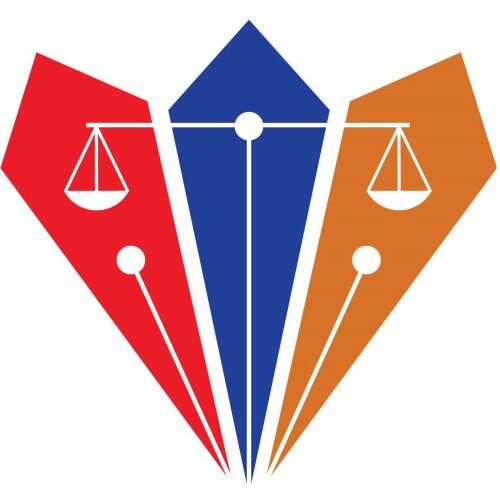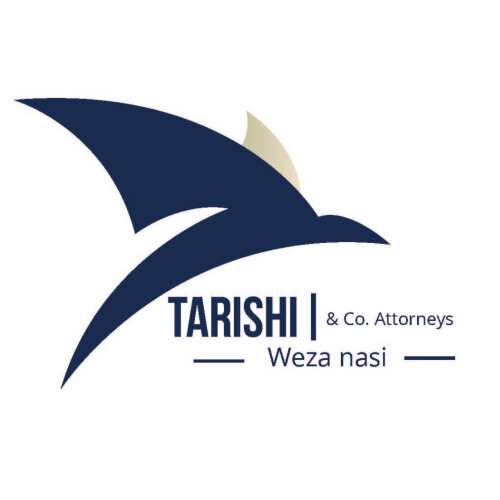Best Tax Increment Financing Lawyers in Zanzibar
Share your needs with us, get contacted by law firms.
Free. Takes 2 min.
List of the best lawyers in Zanzibar, Tanzania
About Tax Increment Financing Law in Zanzibar, Tanzania
Tax Increment Financing (TIF) is a financial tool used to incentivize economic development by channeling funds from future tax revenues. In Zanzibar, Tanzania, TIF is relatively new, aimed primarily at rehabilitation and infrastructure enhancement projects in areas that would otherwise experience slow economic growth. The concept involves governmental or municipal bodies borrowing against expected increases in future property tax revenues resulting from the development activities being undertaken.
Why You May Need a Lawyer
Engaging with TIF involves dealing with complex financial and legal arrangements, which is why legal guidance can be essential. You may need a lawyer in situations such as:
- Navigating the approval processes for a TIF project in alignment with Zanzibar's legislative frameworks.
- Drafting and negotiating contracts and agreements related to TIF financing and development.
- Resolving disputes that arise between different parties involved in TIF projects.
- Ensuring compliance with local regulations and tax obligations connected to TIF-funded projects.
- Assisting in due diligence if you're considering investing in or developing a TIF project.
Local Laws Overview
The legal landscape for TIF in Zanzibar reflects a blend of regional autonomy and adherence to broader Tanzanian financial regulation. Key aspects include:
- The Zanzibar Municipal Authority's role in initiating and approving TIF projects.
- The necessity for environmental and social impact assessments in line with Zanzibar legislation.
- Regulations governing the issuance of municipal bonds or other forms of debt under TIF schemes.
- The legal framework ensuring transparency and accountability in the use of funds.
- Cooperation between regional and local governmental agencies for project funding and implementation.
Frequently Asked Questions
What is Tax Increment Financing?
Tax Increment Financing (TIF) is a public financing method used to subsidize infrastructure and community improvement projects through future gains in tax revenue.
Is TIF widely used in Zanzibar?
While TIF is not as widely used in Zanzibar as in more developed regions, it is gaining traction as a means to stimulate economic growth in strategically important areas.
How does TIF affect property taxes?
The idea is that TIF finances improvements, which increase property values, leading to increased property tax revenues that repay the initial investment over time.
Is there government support for TIF projects?
Yes, government bodies in Zanzibar provide frameworks and support for TIF projects, although funding and project prioritization are done selectively.
Can anyone propose a TIF project?
Generally, TIF projects need municipal approval and must align with strategic development goals. Proposals can come from both public entities and private developers.
What kinds of projects are often funded by TIF in Zanzibar?
Projects that boost local infrastructure, such as transportation, housing, and environmental rehabilitation, are often funded by TIF.
Are there risks involved with TIF?
Yes, financial risks include potential overestimation of future tax revenues and projects not achieving the anticipated economic uplift.
How are TIF benefits measured?
Benefits are typically measured by increased property values, tax revenues, and positive socio-economic impacts on the community.
Do TIF projects require public consultation?
Yes, public consultation is often a part of the regulatory requirements to ensure community support and address any environmental or social concerns.
How can a lawyer help me with a TIF project?
A lawyer can assist with legal comprehension of TIF projects, aid in navigating legislative hurdles, and provide advocacy during negotiations and disputes.
Additional Resources
For further guidance on TIF, consider reaching out to:
- The Ministry of Finance and Planning in Tanzania, which can offer insights into financial regulation.
- The Zanzibar Municipal Authority, responsible for approval and oversight of local projects.
- The Tanzania Investment Centre, which can provide information on financial incentives and project support.
- Local legal firms specializing in finance and development law for tailored legal assistance.
Next Steps
If you require legal assistance with a TIF project, consider the following steps:
- Identify a law firm or lawyer in Zanzibar who specializes in finance and development law.
- Prepare detailed documentation regarding the TIF project, including objectives, projected outcomes, and financial plans.
- Schedule a consultation to discuss your legal needs and understand potential costs and timelines involved.
- Engage your chosen lawyer to guide you through compliance, documentation, and implementation processes.
- Ensure ongoing communication with legal representatives as the project progresses to address any legal challenges promptly.
Lawzana helps you find the best lawyers and law firms in Zanzibar through a curated and pre-screened list of qualified legal professionals. Our platform offers rankings and detailed profiles of attorneys and law firms, allowing you to compare based on practice areas, including Tax Increment Financing, experience, and client feedback.
Each profile includes a description of the firm's areas of practice, client reviews, team members and partners, year of establishment, spoken languages, office locations, contact information, social media presence, and any published articles or resources. Most firms on our platform speak English and are experienced in both local and international legal matters.
Get a quote from top-rated law firms in Zanzibar, Tanzania — quickly, securely, and without unnecessary hassle.
Disclaimer:
The information provided on this page is for general informational purposes only and does not constitute legal advice. While we strive to ensure the accuracy and relevance of the content, legal information may change over time, and interpretations of the law can vary. You should always consult with a qualified legal professional for advice specific to your situation.
We disclaim all liability for actions taken or not taken based on the content of this page. If you believe any information is incorrect or outdated, please contact us, and we will review and update it where appropriate.









